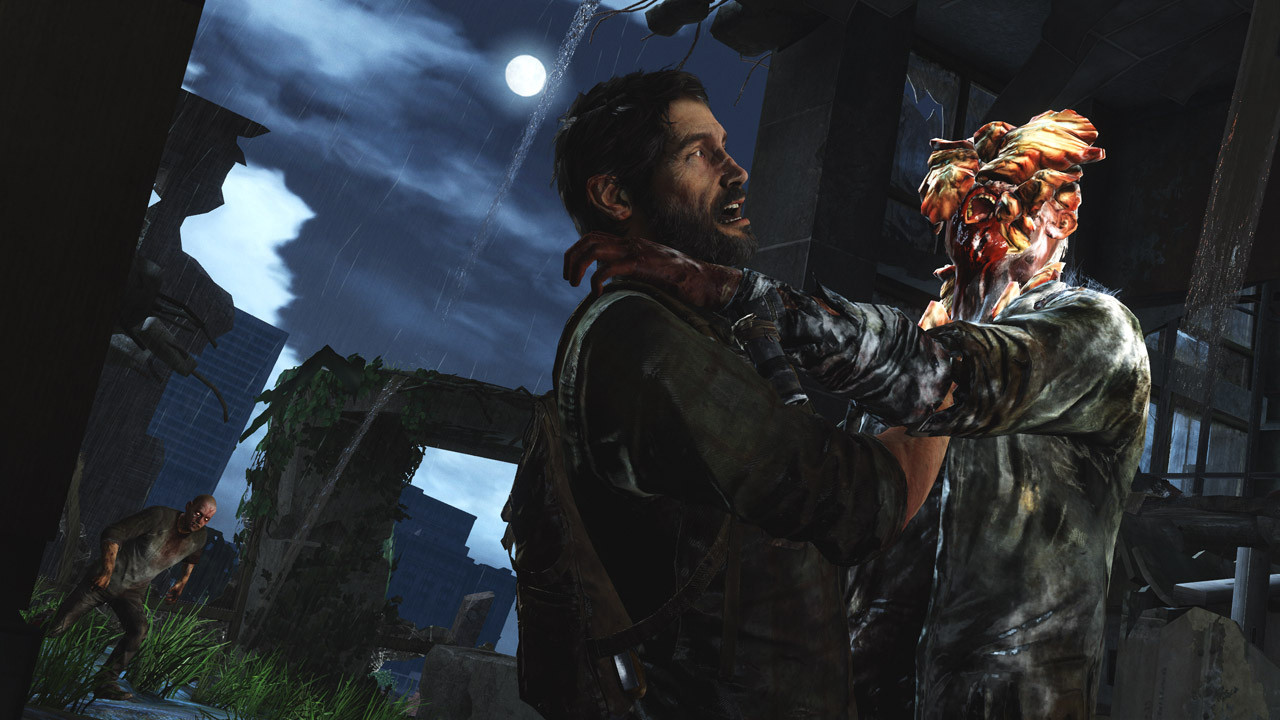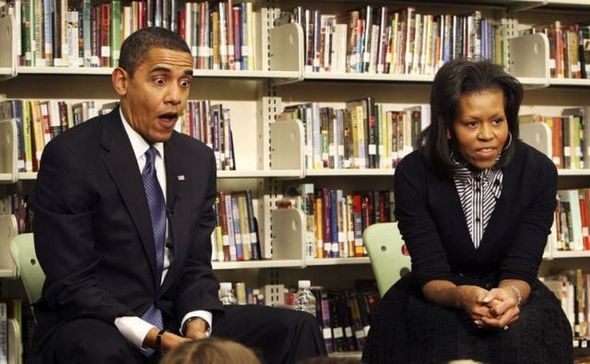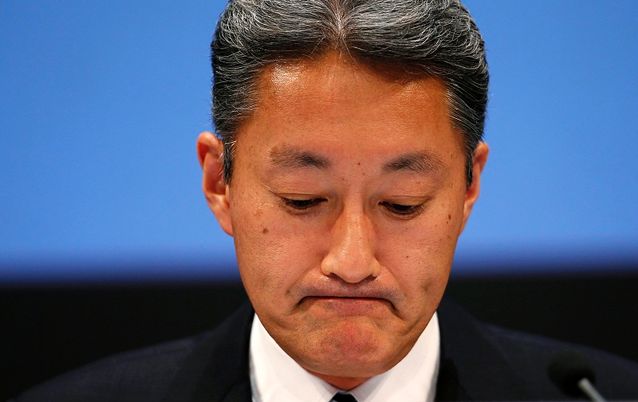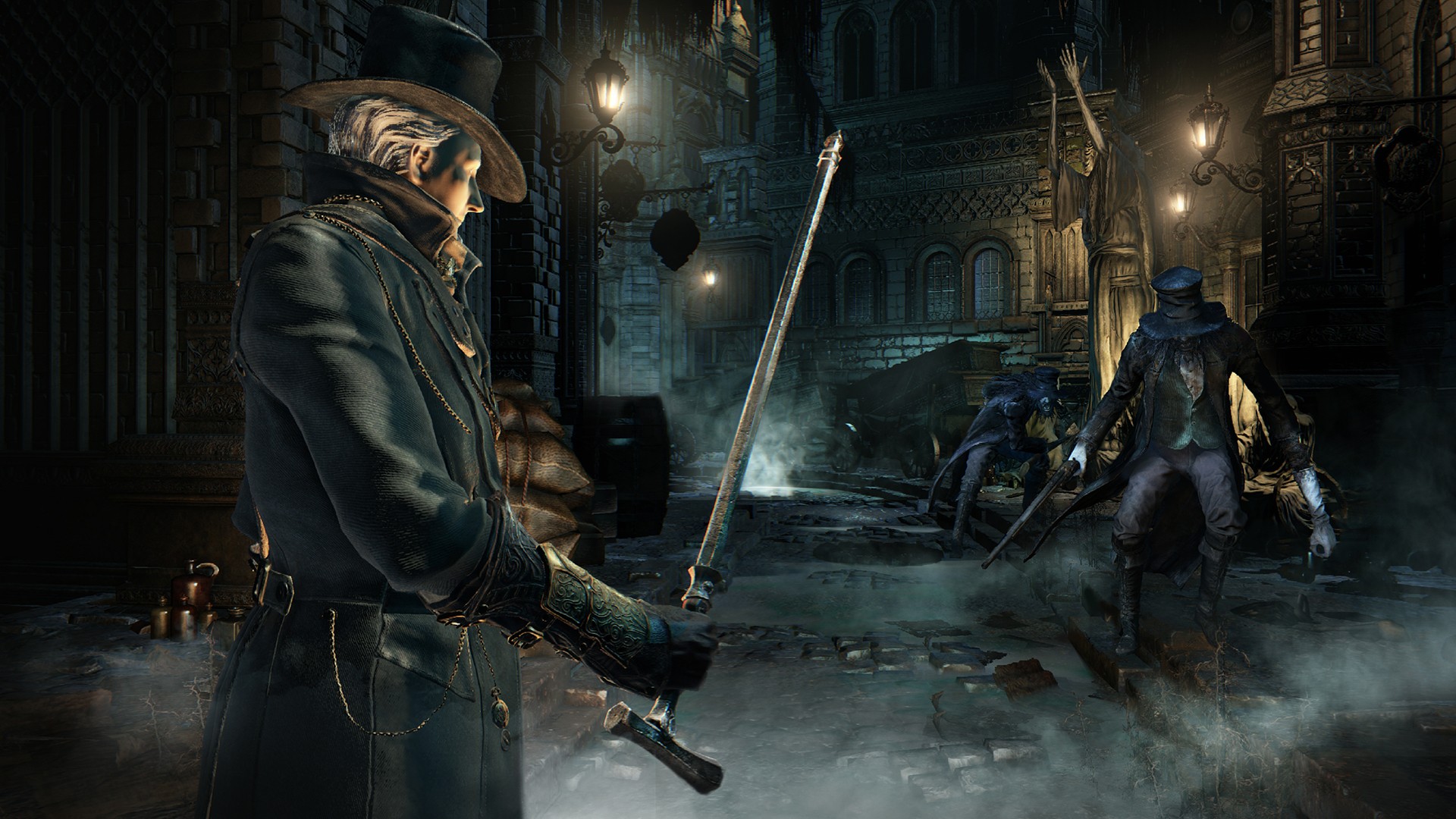
If you are a fan of Role-Playing games then you know what separates the "Good" games to the "Not so good" games. Or if you don't play Role-Playing games and you don't know what it takes to make a game of decent quality, well then, sit on back and enjoy.
First, what is a good RPG? This question is rarely asked to developers while they make their games. Why is that? Ultimately, everyone expects something slightly different from an RPG. This may be why there are so many RPGs out there. Everyone who is competent enough to do so makes an RPG which will fit their preferences. From this, we can deduce that it is impossible to create an RPG which will be good in everyone’s eyes. It is safe to say that it is impossible to please everyone, and therefore impossible to make an RPG everyone will enjoy, especially with many people having mutually exclusive desires in an RPG. Despite this, I believe that it is possible to an RPG to please almost everyone. How's this possible? Well, I've picked out details that "Good" RPGs use to create their version of "the perfect game". These details, if used correctly, all mix together to create that perfect blend.

And, CHARGE!
First step to making that perfect RPG is THE STORY. Now remember that word, "story". A key, and I mean a key aspect to any game, especially a Role-Playing tale. RPGs have to have that kind of story that keeps your mind going, a story that makes you comeback for more. No disrespect, but we can't have any lackluster story that comes straight out of an FPS multiplayer heavy game. The games that you are only playing single player so you can get those trophies or achievements, but the story that you want to experience. I, for one, thought Dragon Age: Origins had something to its story that made me wanting more, same goes for Mass Effect, the whole history of that game can be written in a novel. The player has to feel something special while engaged with the tale, we can't have gamers just yawning to themselves while chopping off their enemies heads, there has to be a reason why you are where you are and why you are doing it.
If a RPG can tell a tale in a single game, then great. If they need to expand it out threw a sequel or two, that's fine too. With the writers that know what they are doing, a game can be pushed into the right direction. Don't rush it and you will have first, and important flavor to add to your game on your quest to perfection. Tell the tale and make sure you have good writers providing it for you.

What do you mean we're not an RPG?!
Next come the CHARACTER DEVELOPMENT. Over the years I fell in love with Garrus Vakarian from the Mass Effect series, I also really liked Commander Shepard. Those two characters were a great duo and threw out the whole ride I kept telling myself, I have to keep Garrus alive. I always made sure that took Garrus on my main missions and made sure that we were fighting side by side. Bioware hit the nail on the head with the character development and I was greatly impressed by how many characters I liked and hated. If I lost a member that I liked, I felt sad, If I killed someone I hated, I enjoyed it and felt accomplished. Role-Playing games in the making should take notes from Bioware, which mastered the character development department.
We need those characters that you feel drawn to. If one of those characters die, it needs to be an emotional roller coaster. The player wants to feel that a part of them is lost with the death of a buddy. No random guy deaths with sad music in the background trying to make the player sad when truthfully, the most players just want to move on with the game. That connection between the player and the character is key. The highs lift up the players, and the lows, well, bring the player down, maybe even to the verge of shedding a tear. Have feeling for the character, sympathy, anger or something else. Not just for the main character but for his nemesis and his 'sidekicks'.

No! Not Solider number 5! Don't kill him, please!
The next piece of the pie is MORALITY CHOICES. While morality isn't as major of a factor than the story or characters, I still think it's important. While playing an RPG I think that the players should have a say in whether they want their character to be good or evil/Paragon, renegade. Between the small choices, helping a child in need or ignoring him, to the more game changing choices, saving a colony, or leave it as it burns. Morality in Role-Playing games are a popular mechanic that allows the player choice in gameplay, giving the player greater input into how the story unfolds than traditional "on rails" plotting where the player simply follows the predetermined path the developers create, and that's the gloy of an RPG isn't it? The player chooses their own path.
They are two typical types of morality systems in video games, the simple, and the complex. Excuse my rant here, but I do like to research morality in games and I've learned a lot about them. Simple morality systems include those in games such as Fable or Knights of the Old Republic and consist of one-dimensional, clearly defined "good" and"evil" choices which are usually directly at odds with one another. These simple systems have the problem of rewarding a player if they consistently choose one or the other side, but not rewarding a nuanced playthrough where one may choose to be "good" in some circumstances and "evil" in others based on context. They have the advantage of being easy to implement and thus less demanding on the developer, as well as making it easy for players to know which choice they want to make based on their personal preferences.
More complex morality systems attempt, to make choices less about "good" and "evil" and more about two or more distinct but equally viable methods to solve a problem. The player will still solve the problem, but how they go about it is up to them. Mass Effect 1,2, and 3 attempt to solve the problems of prior games by having two discrete meters for "Paragon" and "Renegade" actions. Although still loosely good/evil choosing to make a Paragon action does not directly penalize you if you make predominately Renegade options and vice versa, and thus allows for the player to put more thought into their actions instead of being rewarded for consistently choosing one or the other.
Regardless of method, morality choices are often at odds with scripted gameplay sequences and design, putting pressure on developers to write and script multiple pathways to the same end objective, and although the balancing act is difficult it can lead to greatly rewarding gameplay and a richer game experience for the player. That's why this is a key ingredient to a good RPG.....Wow that's a hell of rant, I got a little carried away there.

Renegade for life Joker, renegade for life.
The fourth key is, WEAPON ARSENAL. Picking up weapons, throwing them in your inventory, and upgrading them. The player is more than likely going to want to change up their taste when it comes to weapons. Swords, maces, arrows, different types of guns, and armor and appearance. Loot, buy, and sell. The perfect blend of an RPG can't keep the everything the same. Upgrade a gun or a sword and when you want to master another one, equipped it with you and rack up some XP and become the ultimate weapon. Done with that weapon, sell it and get cash for it. The power to change up the players character is an important factor. Create and recreate your version of the perfect arsenal. Nothing like uncovering an object that you picked up earlier in your journey and forgetting that you had it. Sell and resell, remember that, sell and resell.
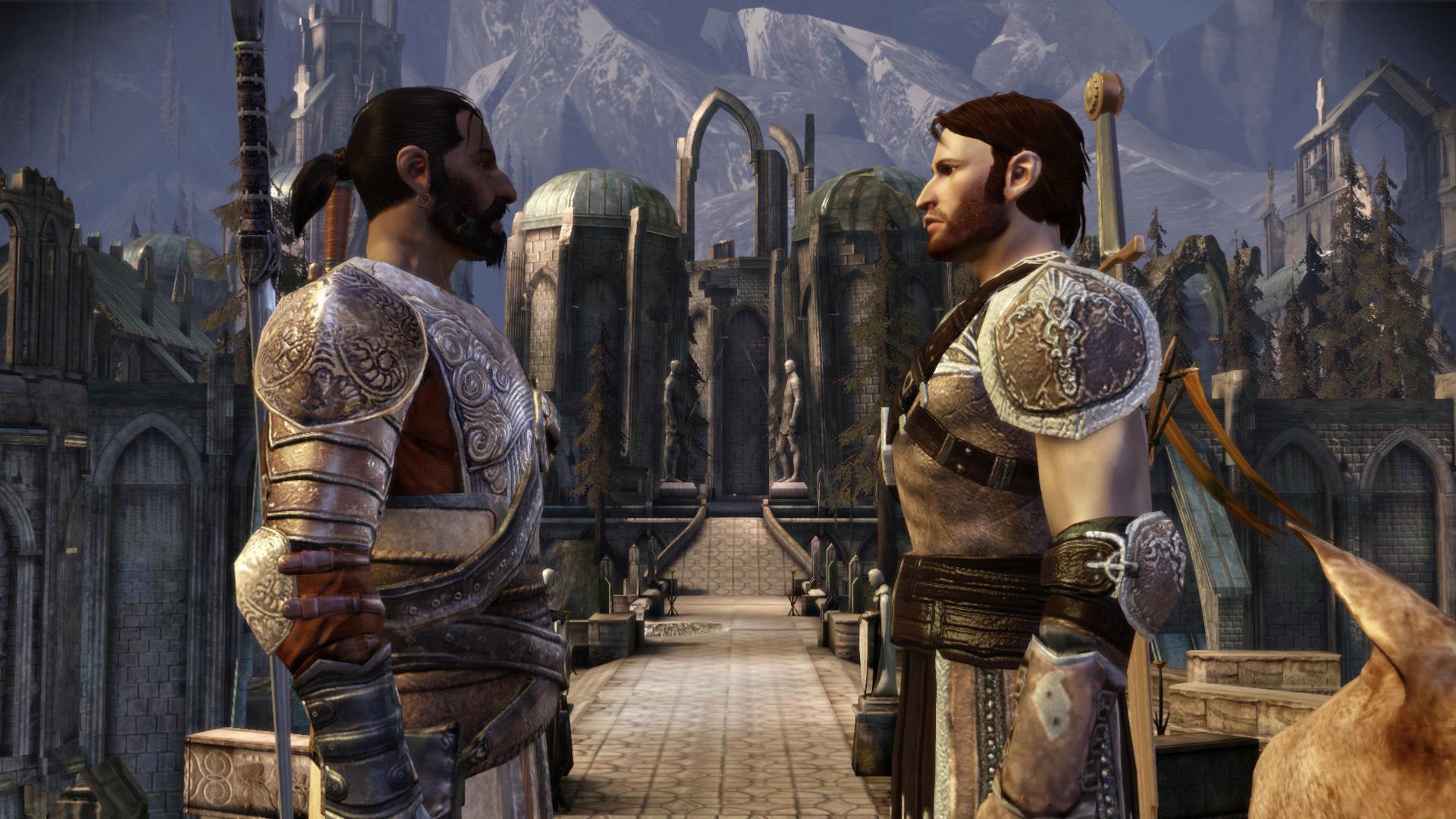
So where do you keep all your weapons?
That's none of your damn business.
Factor five goes to, EXPLORATION. This just doesn't go for RPGs, exploration is everywhere in games. A very common game mechanic where the player is invited explore the environment with the intent to discover new areas or upgrades. The concept is far reaching in that it applies to almost every game, from the RTS to the Platformer. Usually the more diligent the player in searching everywhere, the more rewards the player is met with, these rewards vary from interesting sights to see, easter eggs, power ups, more ammo, etc. etc.
They are hand fulls of different types of exploration out there. Many will work of an RPG. "Fill in the Blank." In this type of exploration you start off with an empty map screen and as you progress you fill it out, making it easy to navigate and plot your course around through the world. As you fill it in you are sometimes rewarded with locating items that would have been missed, or sometimes in the case of Final Fantasy VII of being rewarded with items on the spot for completing each levels map. The Elder Scrolls is also an excellent candidate of using this function.

I believe that with these 5 factors blended together, a good RPG can be made for everyone. With the proper tools the "perfect" Role-Playing game is out there. Sure, the genre isn't for everyone but for the fans of Role-Playing, we have all played the RPGs that we loved and the ones that we hated. The key is to blend in everything from the game you love and mash it into one. The form of artwork that an RPG is is meant to be handled with care and not rushed. The perfect Role-Playing game is out there, you just gotta go get it.
Happy Hunting!





























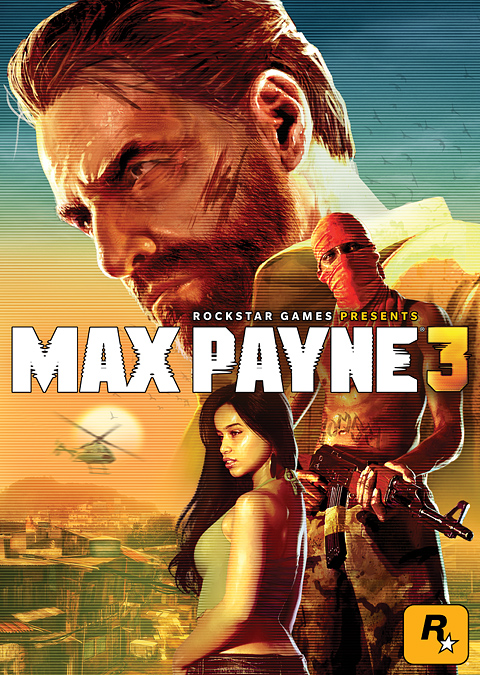
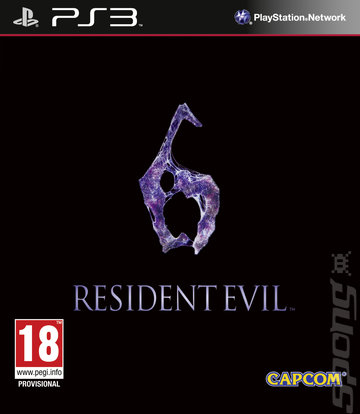
%20cover%20front.jpg)

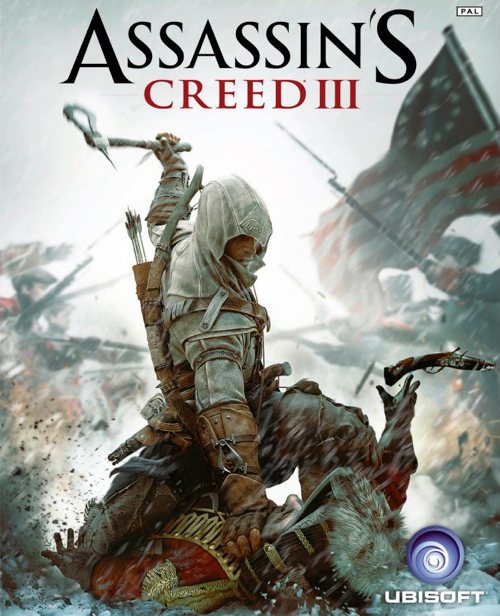



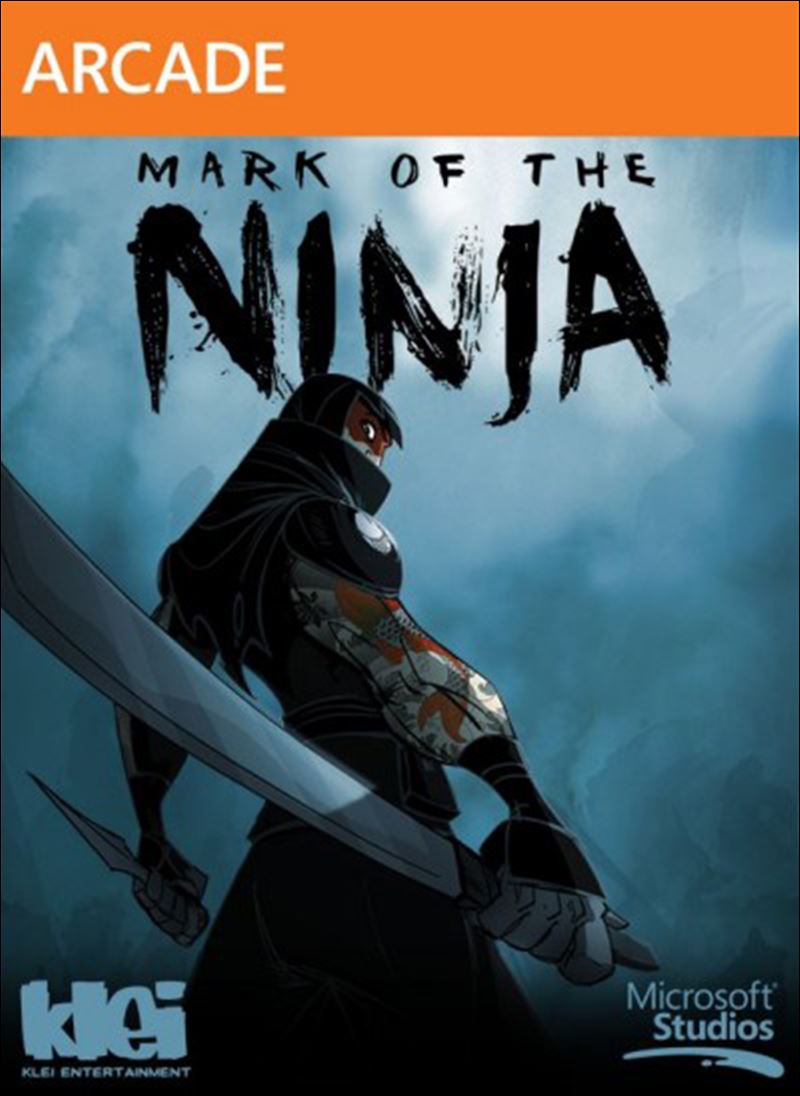

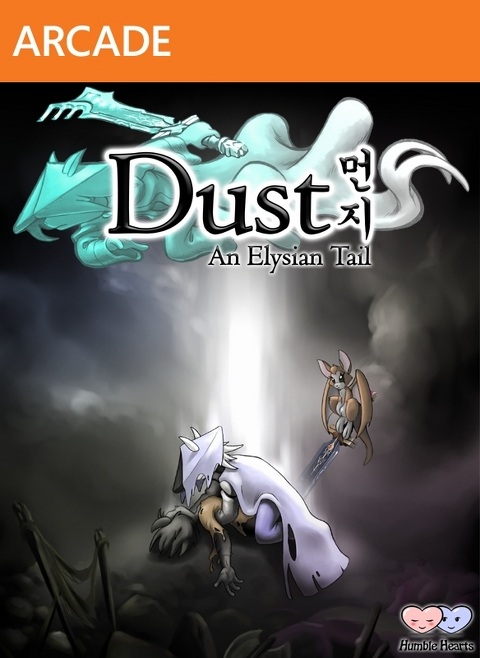


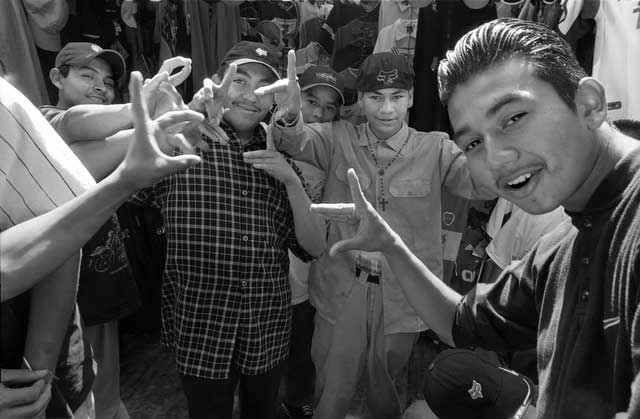





.jpg)





